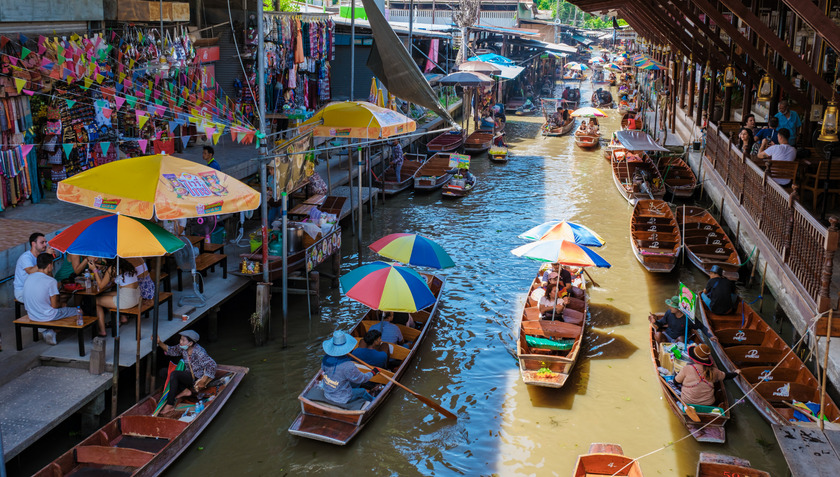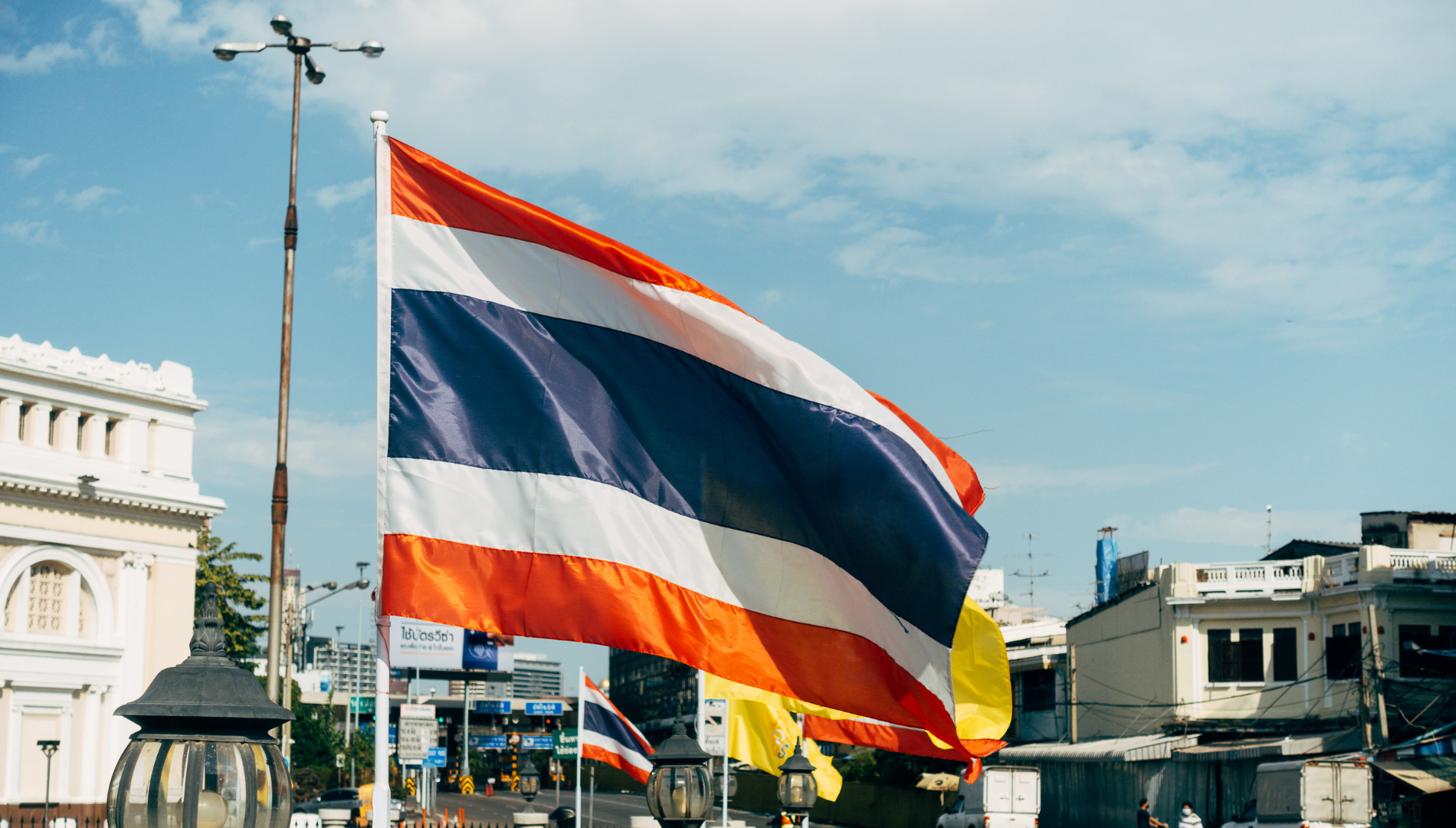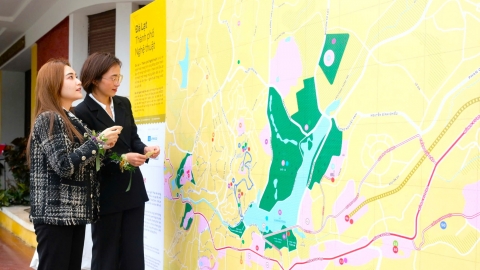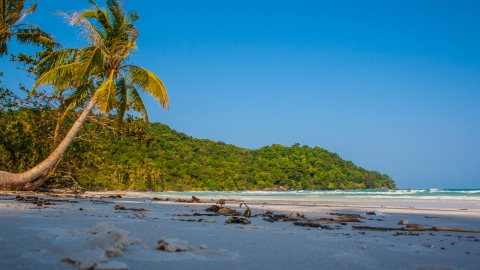According to the Bangkok Post, Thailand's new Tourism Minister, Sorawong Thienthong, has declared his determination to implement a tax on tourists. With this tax, each international tourist arriving in Thailand by plane will have to pay 300 baht (approximately 221,000 VND). Tourists arriving by land or sea will pay 150 baht (approximately 110,500 VND).
Mr. Sorawong shared: "I believe that collecting tourism taxes is beneficial for the tourism industry. This revenue can be used for infrastructure and destination development, as well as ensuring the safety of tourists."

International tourists arriving in Thailand by air may have to pay a small additional fee, around 300 baht, on top of their airfare.
In fact, the decision to implement this tax was passed by the Thai Parliament in 2022. However, according to strict Thai law, a law only officially takes effect when it is approved by the King and published widely in the Royal Gazette. This is an important legal procedure to ensure transparency and fairness in the enactment of new regulations.
To date, the implementation of the 300 baht tourism tax remains a big question mark. Both Prime Minister Prayut Chan-o-cha and Prime Minister Srettha Thavisin postponed the inclusion of this bill in the Royal Gazette. It is clear that the Thai government is carefully considering the impact of this tax on the tourism industry, particularly on the psychology of tourists.
He emphasized that because he still needs more time to study the readiness of Thailand's tourism system, the Ministry of Tourism is not certain whether it can begin collecting taxes as early as the fourth quarter of 2024. Furthermore, he affirmed that the "Ignite Thailand Tourism" policy initiated by Mr. Srettha will be maintained, and economic stimulus programs that were very beneficial to domestic tourism during the pandemic will be considered.

The revenue generated from this fee will be directly invested in upgrading and expanding the tourism infrastructure.
TAT Director-General Thapanee Kiatphaibool said that by 2025, TAT aims to enable second-tier cities to generate 25% more revenue annually by attracting high-spending tourists. Ms. Thapanee stated that TAT will offer new tourism products and attractions to engage existing and new customers in Europe, the Americas, the Middle East, and Africa, along with increasing flight capacity to support long-haul travelers.
Thai tourism officials will implement various measures to attract tourists from across Asia and the South Pacific, including China, India, South Korea, Japan, Taiwan (China), Indonesia, Pakistan, Bangladesh, and the Philippines. In addition, the country is also targeting tourists from neighboring countries such as Malaysia, Laos, Cambodia, and Vietnam to stimulate long-term tourism.

 VI
VI EN
EN


































